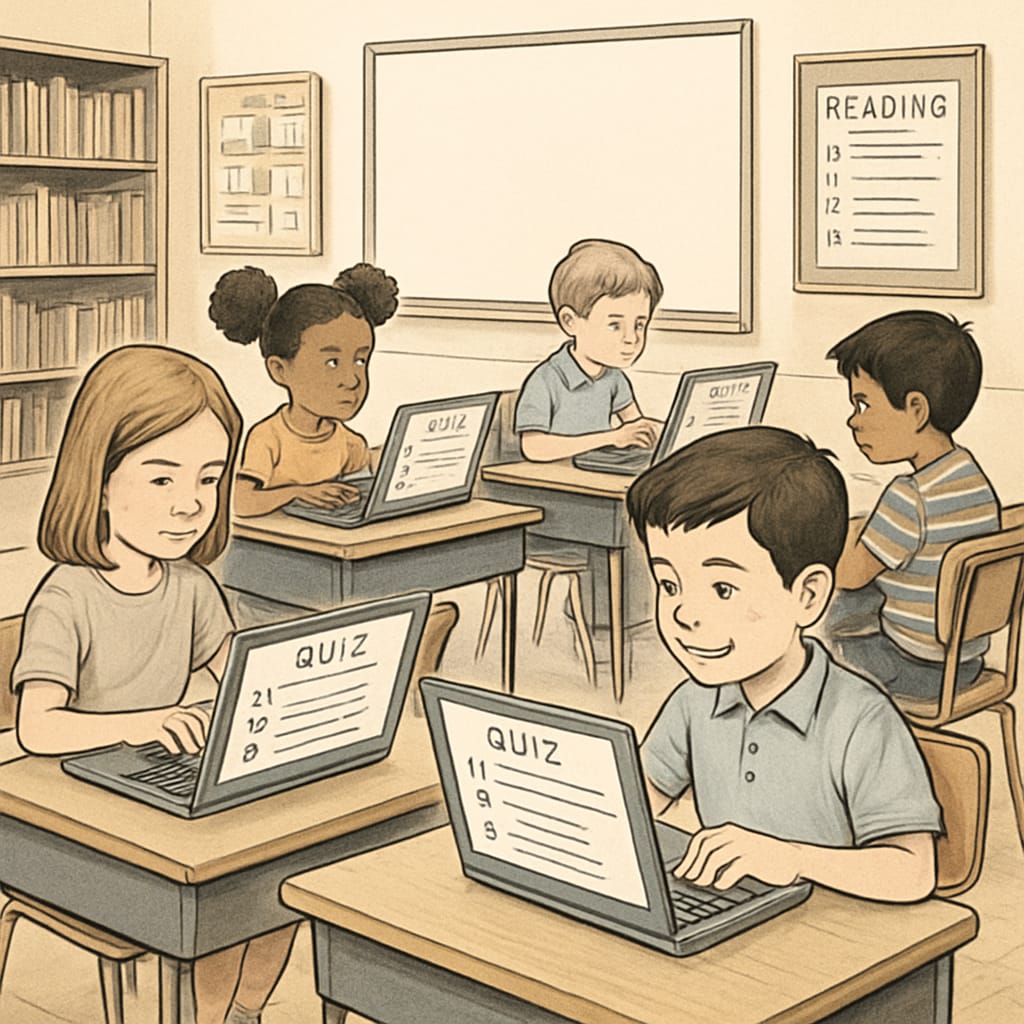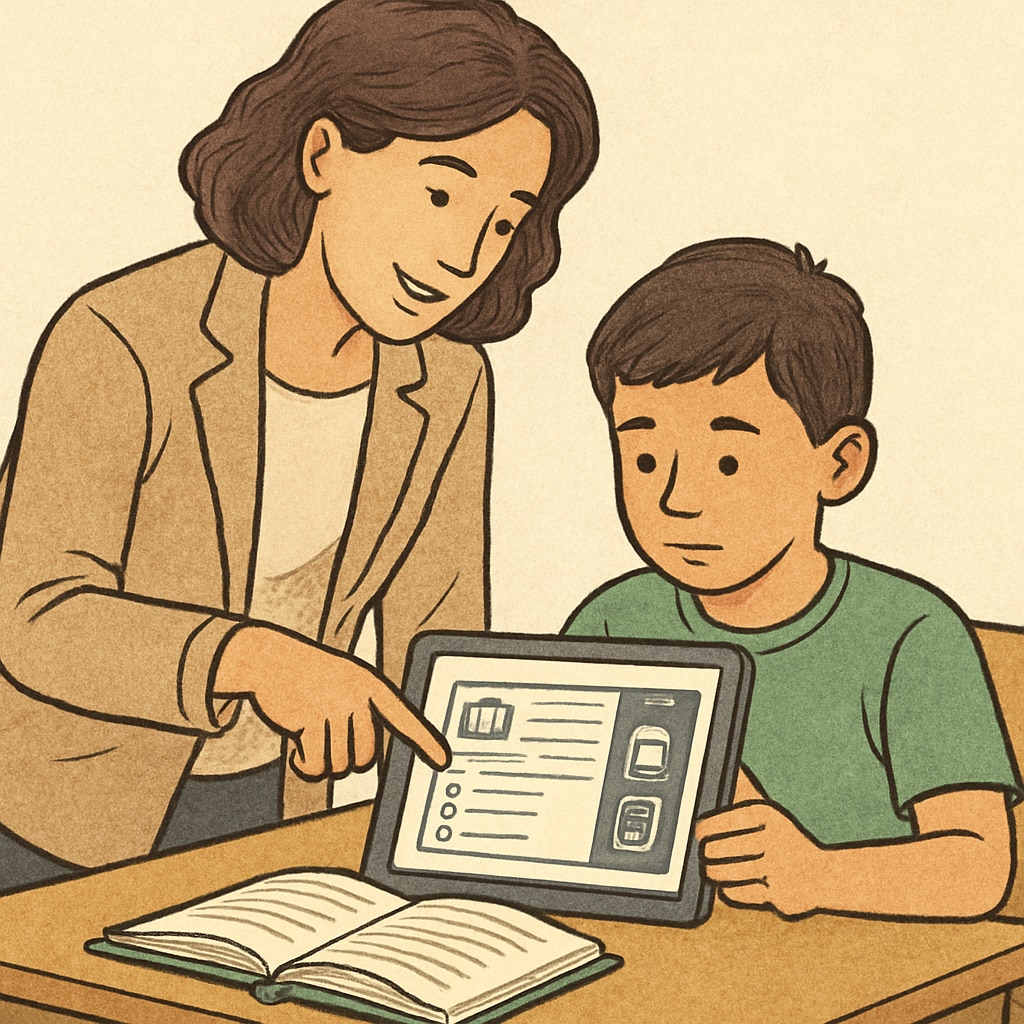Reading comprehension tests, such as those offered by the A.R. (Accelerated Reader) points system, have long been a staple in elementary education to motivate young readers. However, many schools and families are seeking free alternatives to the A.R. system due to its cost and access limitations. This article dives into the advantages of A.R., lays out criteria for selecting alternatives, and highlights free resources and creative DIY solutions to keep students engaged in reading.
The Appeal of the A.R. System
The Accelerated Reader (A.R.) program has been widely used to encourage reading among students by assigning quizzes and rewarding them with points based on their performance. Its strengths lie in its structured system, extensive library of quizzes, and gamified approach to tracking progress. These features make it appealing for educators and parents alike, as they provide measurable outcomes for student engagement and comprehension.
However, the system also has its drawbacks. Primarily, the significant cost can be prohibitive for schools with limited budgets. Additionally, the program’s reliance on pre-made quizzes may limit flexibility in choosing titles that align with evolving student interests or curriculum changes.

Criteria for Choosing Free Alternatives
When considering free alternatives to the A.R. system, it’s important to prioritize certain features to ensure they are effective. The following criteria can help guide your search:
- Accessibility: The platform should be freely available without hidden costs or subscription fees.
- Variety of Content: It should offer a broad selection of quizzes to suit different reading levels, genres, and interests.
- Ease of Use: The interface should be simple for young readers to navigate independently.
- Progress Tracking: The system should allow teachers or parents to monitor a child’s development over time.
- Customization: The ability to create or adapt quizzes to fit specific reading materials is a plus.
By focusing on these factors, you can identify tools that effectively replace A.R. while catering to the unique needs of your students or children.
Top Free Resources for Reading Comprehension Tests
Here are some highly recommended free platforms that offer quality reading comprehension tests for elementary students:
- ReadWorks: This platform provides a vast library of reading passages and comprehension questions across various grade levels.
- Newsela: Known for its engaging, leveled content, Newsela offers articles with integrated quizzes, perfect for young learners.
- CommonLit: CommonLit offers a range of texts and comprehension exercises, along with tools for tracking student progress.
- Funbrain: This site combines educational games with reading materials to make learning enjoyable.
Each of these platforms is free to use, though some may require account registration. They allow students to explore diverse content while honing their comprehension skills.

Create Your Own Reading Comprehension Tests
If pre-made systems don’t fully meet your needs, creating your own reading comprehension quizzes can be a flexible and engaging alternative. Here are some simple steps to get started:
- Select a Book: Choose a book that aligns with the student’s reading level and interests.
- Develop Questions: Create a mix of multiple-choice and open-ended questions that test key comprehension skills, such as identifying main ideas, themes, and character motivations.
- Incorporate Rewards: Use a point-based system or small prizes to keep students motivated.
- Leverage Technology: Platforms like Google Forms or Kahoot allow you to design and administer quizzes digitally.
By tailoring these tests to a student’s specific reading materials, you can ensure the content is both relevant and inspiring.
The Future of Reading Motivation
While the A.R. system has served as a valuable tool in classrooms, free alternatives and DIY solutions offer educators and parents the opportunity to inspire a lifelong love for reading without financial barriers. Whether leveraging platforms like ReadWorks or creating personalized quizzes, there are countless ways to nurture young readers’ curiosity and comprehension skills.
In conclusion, finding the right system to replace A.R. is not about replicating it entirely but about fostering a dynamic and inclusive reading environment. With creativity and the wealth of free resources available, the possibilities for sparking a passion for reading in children are endless.
Readability guidance: Use short paragraphs and bullet points to summarize key ideas. Ensure a balance of active and passive voice, and employ transitional phrases to enhance flow.


